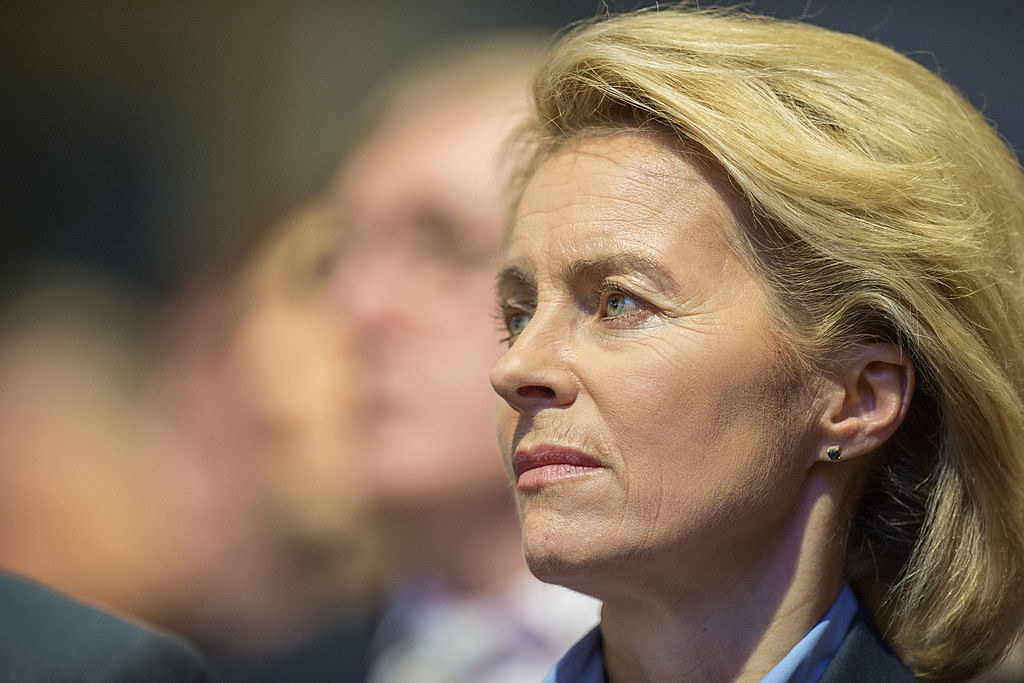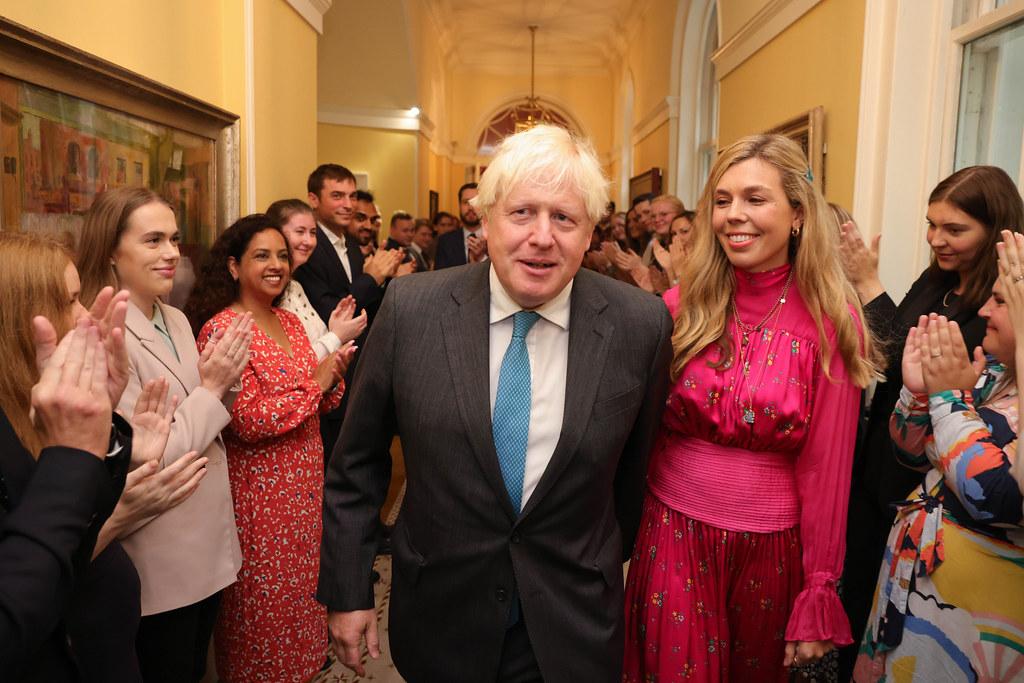A German government spokesperson tweeted: “Is it too much to expect the [UK] to stand by what it has negotiated, signed and ratified.”
Boris Johnson’s move to renegotiate the Northern Irish protocol has been rejected by Ursula von der Leyen, the president of the European Commission, raising the heat of a Brexit row.
“The EU will continue to be creative and flexible within the protocol framework. But we will not renegotiate,” she said after a call with the prime minister on Thursday.

Von der Leyen made clear they spoke at Johnson’s request. The EU sources said the call lasted about 30 minutes.
Her refusal is a blow to Johnson, who made repeated false claims that there would be no customs checks between Great Britain and Northern Ireland.
The EU has united against the UK blueprint to rewrite the Northern Irish protocol, a hard-fought agreement with Johnson in 2019 that created a customs border in the Irish Sea.
A Downing Street spokesperson repeated the UK government’s case for renegotiation. “The prime minister set out that the way the protocol was currently operating was unsustainable. Solutions could not be found through the existing mechanisms of the protocol. That was why we had set out proposals for significant changes to it.”
“He urged the EU to look at those proposals seriously and work with the UK on them. There is a huge opportunity to find reasonable, practical solutions to the difficulties facing people and businesses in Northern Ireland, and thereby to put the relationship between the UK and the EU on a better footing. They agreed to remain in touch.”
The prime minister made the same points in a separate call with Germany’s chancellor, Angela Merkel.
Johnson’s spokesperson said the prime minister “didn’t expect the EU to take such a purist and maximalist approach” to implementing the protocol but could not point to any breaches by Brussels of the agreement.
“There are real life issues that people are facing on the ground in Northern Ireland that need to be addressed,” the spokesperson said, adding that the government had launched a consultation intended to “slash Brexit red tape”.
Johnson’s spokesperson said the prime minister did not want the protocol scrapped “at this time”.
The UK’s attempt to renegotiate has exasperated EU decision-makers, who have already proposed changes to lessen the impact on Northern Irish citizens. Further tweaks remain possible, but the EU has ruled out a full-scale renegotiation.
In an unusually blunt statement, a German government spokesperson tweeted: “Is it too much to expect the [UK] to stand by what it has negotiated, signed and ratified.”
One EU diplomat said the Brexit minister, David Frost, had produced “a half-baked proposal” with difficult concepts. Lord Frost’s suggestion that traders should be trusted to move goods between Great Britain and Northern Ireland with minimal oversight is opposed by Brussels, which thinks such a regime could be exploited by smugglers and firms playing fast and loose with two sets of rules.
The goal to rip the European court of justice out of the protocol has also fallen on stony ground. EU sources argue that Frost has incorrectly characterised the court’s role in the protocol, exaggerating its significance.
The protocol underlines that the court has sole responsibility for adjudicating on questions of EU law, a point officials say is a foundation stone of the EU’s legal order that cannot be changed.
The agreement also allows the British government to be sued in the European court of justice (ECJ), with one legal case already lodged by Brussels over alleged breaches.

UK sources think the ECJ is unusual in such an international treaty and fear the government’s margin for manoeuvre will be crimped by what is seen as the extreme rigidity of the EU system.
Talks will continue between the two sides. “It would be a mistake to dismiss the political concerns, simply because [the UK] signed up to this,” said the diplomat, “although many of the concerns have been known since the beginning.”


